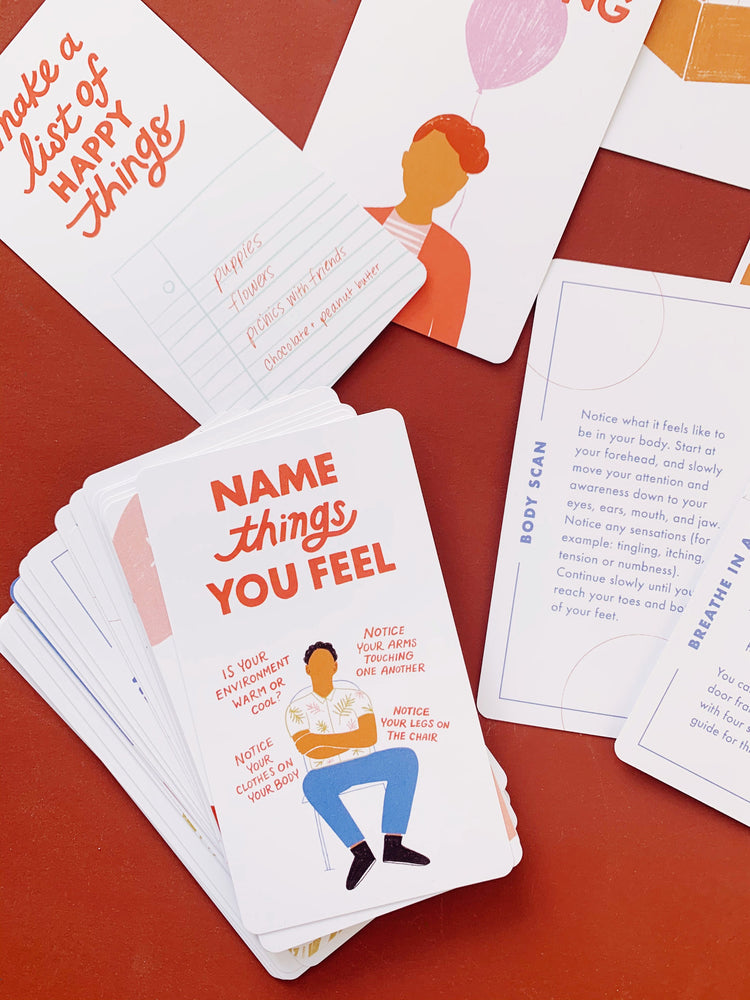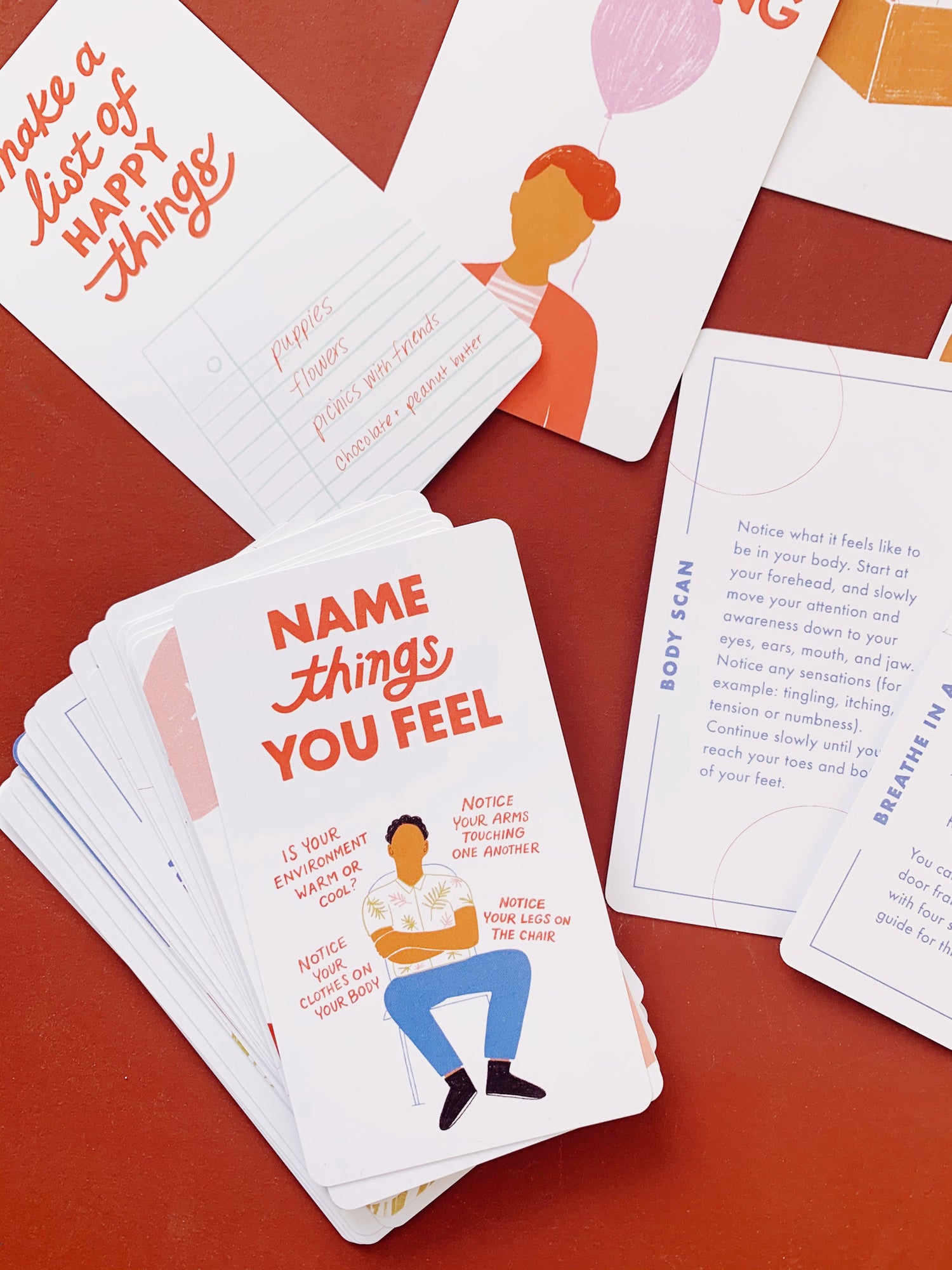Here are some basics for almost any hard time
Loss of a loved one (or pet)
Mobilizing can be difficult for a person in early grief. They may not have the capacity to communicate well.
- Don't be afraid to bring up their loss or their loved one's name. They have not forgotten about it.
- Share favorite stories about the deceased (if you knew them) and invite the bereaved to share memories.
- Grief shifts and changes and so will their preferences. One day they might want to be asked questions and another they might not want to talk. Check in each time.
- Everyone grieves differently. Some people may want to tell stories, cry, or reminisce. Others may want to engage in distracting activities, be alone, or not discuss their experiences.
- Grief can look a lot like depression. It can cause fatigue, sadness, forgetfulness, and memory loss. Be patient and remain present.
- Instead of saying something like "they are in a better place now," acknowledge the significance of their loss even if it was long process or the person was suffering.
- Ask what role the deceased played in their life and offer to step in. For example, cook meals if the deceased made dinner every night and prepped school lunches for kids. Or connect them with a CPA if the deceased handled the finances for their family.
Divorce and other relationship endings
- Be mindful that this could be something they want - ask how they are feeling about it before offering condolences or expressing sorrow.
- Even if they do want it, there will still be grief. All changes can be hard!
- Consider possible scenarios and ask for their preferences in advance. Such as:
- If I run into your ex, do you want to know? Can I acknowledge the break up?
- How are you talking to your kids about it? How should I talk to them about it (if at all)?
- Should we still invite your ex to family or friend gatherings?
- Would it feel like a betrayal for me to remain friends with your ex?
- What would you like me to say if I'm asked about it by a mutual friend or acquaintance?
- If you're part of their friend group or family, offer to provide an opportunity for them to share with everyone at once. This is a good time to ask the questions above.
(Check out this podcast episode for more!)
Diagnosis or chronic illness
- Don't make assumptions about their feelings about it -- they may not be ready to "fight it" or they might be feeling positive about their prognosis, so expressing your concerns may not be welcome.
- Ask for consent before offering suggestions (for treatments or other coping strategies) or sharing anecdotes (like "my college roommate had the same thing and this is what happened...").
- If it is a chronic illness, pain, or disability, remember that even if they aren’t talking about it, they are still dealing with it all the time and it may impact their capacity for relationships, work, social activities, or just “adulting.”
- Show them that you haven’t forgotten by providing accommodations or support, or by sending a thoughtful note or text from time to time.
Infertility or miscarriage
- Keep in mind that this loss (or lack of pregnancy) not only comes with emotional grief, but that there are significant physical and hormonal affects as well.
- Refer to Loss of a Loved One - even if they are unable to get pregnant, it still feels like the death of a potential child.
- Don't take it personally if or when they don't want to hear about your pregnancy. They are likely seeing loss everywhere they look in other families.
- This experience can be very isolating, so it can help to provide opportunities for them to talk about it.
Depression
- Be patient.
- Show your empathy by listening instead of offering solutions. Unless they are asking for ideas, the smallest suggestions can feel overwhelming or invalidating.
- Don't make comparisons to their experience with depression.
- Support them in seeking professional help such as an appointment with a therapist or taking prescribed medication.
- Assist with everyday tasks like household chores, errands, or meal prep.
- Keep inviting them to social activities. Even if they don't have the capacity to attend, it is important that they feel included.
- Ask if there is a way of communicating that is best, such as phone calls, texting, video or voice messages, emails, or in person.
Don't forget to take care of yourself, especially if you are also grieving. These things take time and you want to be around for the long haul.
Thank you to Ashley Gutierrez, Laurel Krapivkin, Sally Tamarkin and Aubrey Gordon (on Oh I Like That podcast), and Amanda Doyle (on We Can Do Hard Things podcast) for their invaluable contributions.
Support Deck
Created by a therapist and illustrator, this beautiful and inclusive deck provides support in navigating anxiety + stress. It features 36 therapeutic tools to help you manage big feelings.
- Regular price
-
$ 28.00 - Sale price
-
$ 28.00























